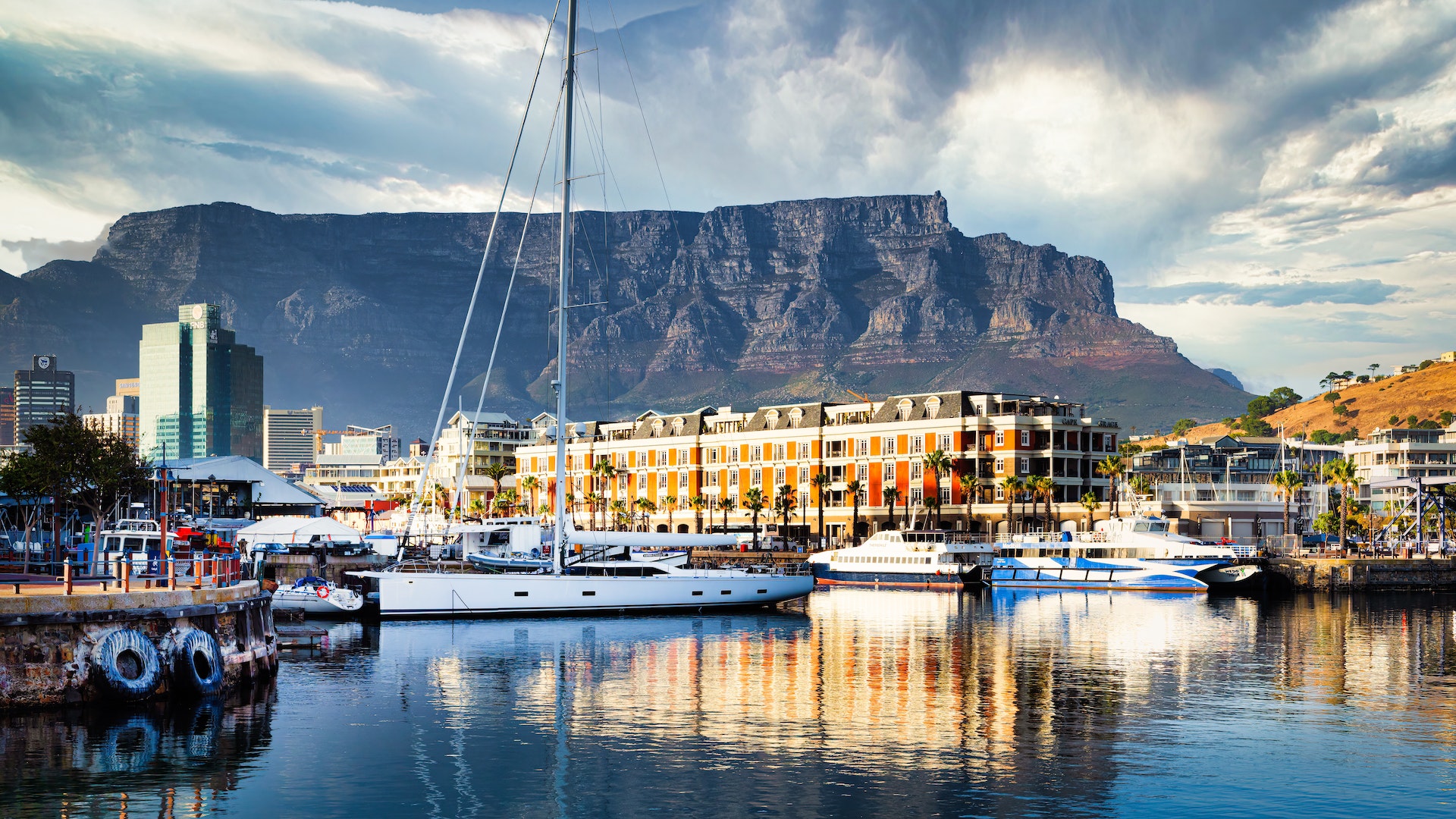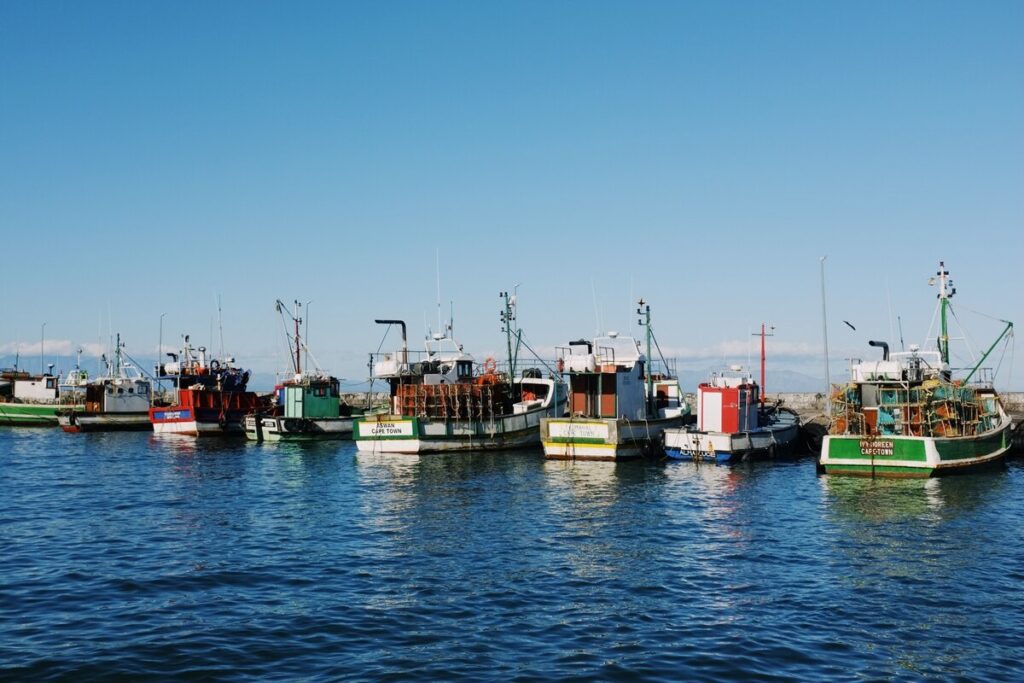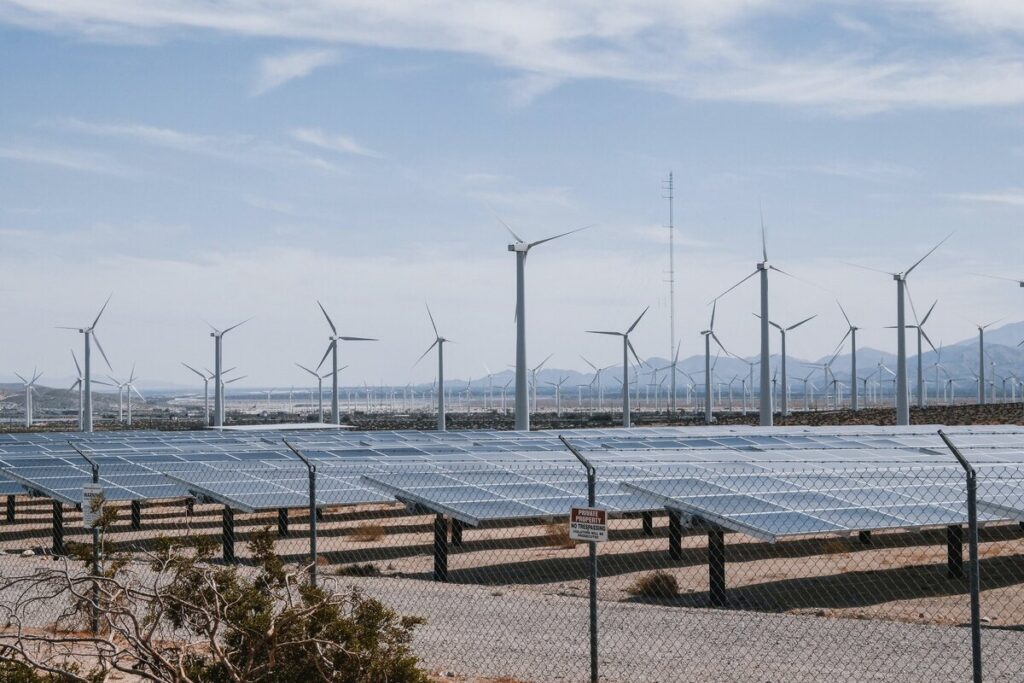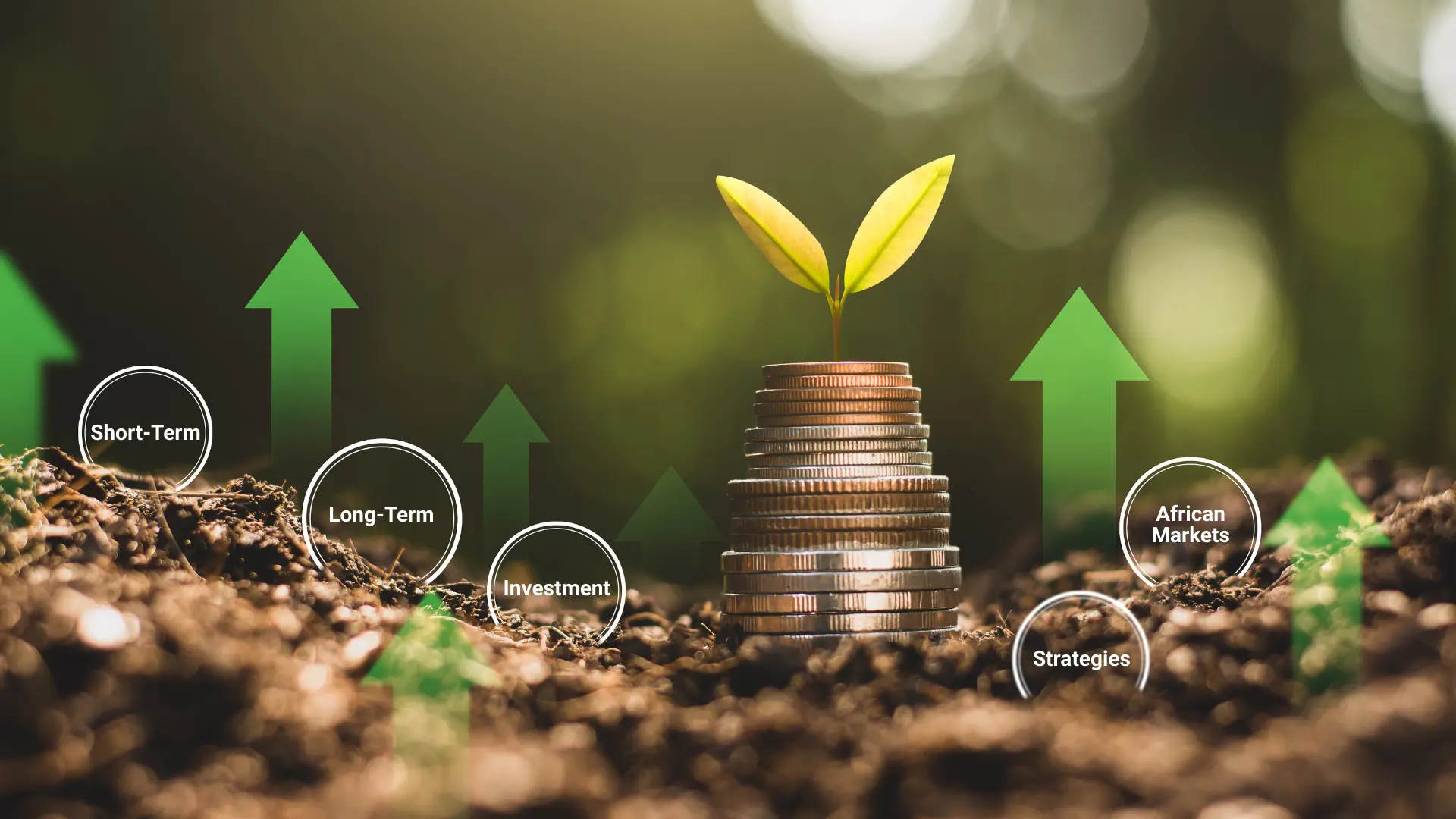
Table of Contents
1. Introduction
2. Africa’s Infrastructure Landscape
3. The Role of Roads in Development
4. The Significance of Ports
5. Energy as a Catalyst for Growth
6. Case Studies of Infrastructure-Driven Growth
7. Political and Regulatory Risks
8. Diversification Across Sectors
9. Conclusion
Infrastructure development plays a pivotal role in the economic growth and prosperity of nations. It serves as the backbone for various sectors, including agriculture, manufacturing, trade, and services. In the context of Africa, where many countries are striving for sustainable development, investing in infrastructure is not merely an option but a necessity.
The Importance of Infrastructure
Africa’s vast potential and resources have been largely untapped due to inadequate infrastructure. However, in recent years, there has been a surge in infrastructure development projects across the continent.
This article explores Africa’s infrastructure landscape, with a particular focus on roads, ports, and energy generation. It delves into the profound impact of infrastructure investments on economic growth and the abundant opportunities they present for investors.
Scope of the Article
Center for African Development and Investment (CADI) provides a comprehensive overview of Africa’s infrastructure development projects, highlighting key initiatives in roads, ports, and energy generation. It analyzes how infrastructure investments can foster economic growth and explore the opportunities and challenges that investors may encounter in the African market. Additionally, it offers strategies for successful investment in the infrastructure sector.
From Investment in Africa’s Infrastructure, Investment opportunities in Roads of Africa, Investment opportunities in Ports and Energy this article will cover them all. Infrastructure development plays a pivotal role in the economic growth and prosperity of nations.
It serves as the backbone for various sectors, including agriculture, manufacturing, trade, and services. In the context of Africa, where many countries are striving for sustainable development, investing in infrastructure is not merely an option but a necessity.
Africa’s vast potential and resources have been largely untapped due to inadequate infrastructure. However, in recent years, there has been a surge in infrastructure development projects across the continent. This article explores Africa’s infrastructure landscape, with a particular focus on roads, ports, and energy generation. It delves into the profound impact of infrastructure investments on economic growth and the abundant opportunities they present for investors.

Current State of Infrastructure
Africa’s infrastructure development has faced historical challenges, including underinvestment, inadequate maintenance, and political instability. As a result, the continent lags in terms of road networks, efficient ports, and reliable energy supply.
However, recent years have witnessed a significant shift as African governments and international partners recognize the importance of infrastructure for sustainable development. International partners are a necessity in African infrastructure building as the poverty-wracked continent cannot match its grand plan fiscally.
Challenges Faced by African Nations
While progress is being made, African nations still face several challenges in infrastructure development:
The Role of Roads in Development
Roads are the arteries of economic development, connecting rural areas to urban centers and facilitating the movement of goods and people. Improved road networks can boost agriculture, trade, tourism, and access to education and healthcare services.
Key Road Projects in Africa
Several significant road projects are underway in Africa:
Investment Opportunities in Road Infrastructure
Investors can explore opportunities in road infrastructure, including public-private partnerships (PPPs), toll road projects, and construction contracts. These investments not only promise financial returns but also contribute to regional integration and economic growth.

Ports are vital gateways for trade and commerce. Efficient and modern ports can enhance a nation’s competitiveness in the global market, attract foreign direct investment, and stimulate economic activity.
The Significance of Ports
Well-functioning ports not only facilitate the movement of goods but also play a significant role in connecting regions and promoting international cooperation. They serve as critical points in the logistics network, optimizing supply chain efficiency and supporting overall economic stability. Thus, investment and development in port infrastructure are critical for sustainable economic growth and global connectivity in the continent.
Major African Ports and Their Development
Prominent African ports like Durban, Mombasa, and Lagos are undergoing expansions and upgrades. The development of deep-water ports and improved connectivity to the hinterland are priorities for many countries. They are being outfitted with the latest in maritime technology and are primed to get an increase in traffic. As the mid-point for Atlantic trade, getting Africa’s ports to be operational and running at maximum capacity is of utmost importance.
Investment Prospects in Port Infrastructure
Investors can consider opportunities in port infrastructure, including port concessions, terminal operations, and logistics services. Ports offer a steady revenue stream and a critical role in regional trade corridors. Investing in ports is seen as a likely zero percent chance of not returning interest as they are stopping points for a majority of sea-faring ships from the smallest dinghy to the largest cruise ship.
Energy as a Catalyst for Growth
Reliable and affordable energy is essential for industrialization, technology adoption, and economic diversification. Africa’s energy deficit is a barrier to growth, but the continent possesses abundant renewable energy resources.
Africa’s Energy Generation Projects

Africa is witnessing a surge in energy projects, particularly in the renewable sector:
Investment Potential in the Energy Sector
Investors can participate in Africa’s energy revolution by financing renewable energy projects, investing in energy storage solutions, or engaging in off-grid electrification initiatives. The energy sector offers opportunities for both financial returns and environmental impact. Investment in Africa’s Infrastructure, Investment Opportunities in Energy is one of the best financial investments as it is a wholly renewable energy project that Africa has in abundance.
Case Studies of Infrastructure-Driven Growth
Several African countries have experienced significant economic growth due to infrastructure investments. Notable examples include Ethiopia’s industrial parks, Kenya’s Standard Gauge Railway, and Egypt’s Suez Canal expansion. These projects have created jobs, improved trade links, and stimulated economic diversification.
The Ripple Effect on Various Sectors
Infrastructure investments have a ripple effect on various sectors, such as agriculture, manufacturing, and services. Improved transport networks reduce transportation costs, enhance market access for farmers, and promote rural development. Additionally, a reliable energy supply supports industrialization and technological advancement.
Political and Regulatory Risks
Political instability, changes in government policies, and corruption can pose significant risks to infrastructure projects in Africa. Investors must conduct thorough due diligence and assess the political climate. Political instability, changes in government policies, and regulatory hurdles can pose challenges to infrastructure investments.
Financial and Economic Risks
Financial challenges, including access to financing and currency fluctuations, can affect project viability. Economic risks such as inflation and market volatility require careful consideration. Raising sufficient funds for infrastructure projects remains a significant obstacle. Securing financing from both domestic and international sources is a complex process.
Mitigating Strategies
Mitigating risks involves strategies such as diversifying investments across sectors and regions, utilizing insurance and guarantees, and engaging with local communities and governments to build trust and mitigate social risks. Effective risk management and mitigation strategies are essential for the success of infrastructure investments in Africa.

Diversification across Sectors
Investors can diversify their portfolios by investing in multiple sectors of infrastructure, spreading risk, and maximizing returns. A balanced approach may involve combining investments in roads, ports, and energy projects. The triple-branched approach leads to the development of a mutually beneficial relationship between all parties involved.
Collaborative Investment Models
Collaborative models, such as public-private partnerships (PPPs), can offer investors access to government-backed projects with a shared risk-reward framework. These models often involve concession agreements and long-term commitments.
The Role of Multilateral Organizations
Multilateral institutions like the African Development Bank (AfDB) and the World Bank play a crucial role in facilitating infrastructure investments in Africa. They provide financing, technical expertise, and a framework for sustainable development.
Africa’s infrastructure development, including roads, ports, and energy generation, is experiencing a remarkable resurgence. Infrastructure investments hold the potential to drive economic growth, foster regional integration, and provide lucrative opportunities for investors. Despite challenges and risks, the rewards of participating in Africa’s infrastructure boom are substantial.
The Future of Africa’s Infrastructure Development
The future of Africa’s infrastructure development lies in sustained investment, effective governance, and collaborative efforts among governments, investors, and multilateral organizations. As Africa continues to harness its vast potential, the benefits of infrastructure development will extend to all its citizens, creating a more prosperous and interconnected continent. Investors who engage thoughtfully and strategically in this transformative journey can not only reap financial rewards but also contribute to Africa’s sustainable development and growth.
As Africa continues to experience an infrastructure boom, careful planning, risk management, and sustainable development practices are essential. Encouraging collaboration among governments, international organizations, and private investors can unlock the continent’s immense potential for growth and prosperity through infrastructure development.
By seizing these opportunities, Africa can pave the way for a brighter and more prosperous future for its people and the global economy. We at CADI are here to assist you, reach out to us, and let us invest in the further development of the African continent; let us invest in the future!

Africa is increasingly catching serious attention from investors around the world. For many countries, growth prospects remain strong: improving economic fundamentals, demographic tailwinds, rising consumption and infrastructure gaps make for a compelling growth narrative. But, along with potential comes volatility: currency swings, shallow markets, uneven regulation. That volatility forces a choice, do you try to […]

If you’re exploring investment opportunities in Africa, bonds are usually one of the first stopovers. The continent’s growth story, shifting interest-rate cycles, and rising corporate issuances mean there’s real activity for anyone looking to invest in Africa. But here’s the thing: not all bonds play by the same rules. Government debt and corporate paper behave […]

Introduction Agribusiness and mining are two of Africa’s biggest economic engines. One feeds the continent and supports nearly half of its workforce. The other powers global supply chains with the minerals needed for batteries, electric vehicles, and renewable energy. The real question for investors is simple: which one will drive Africa’s next decade of growth, […]